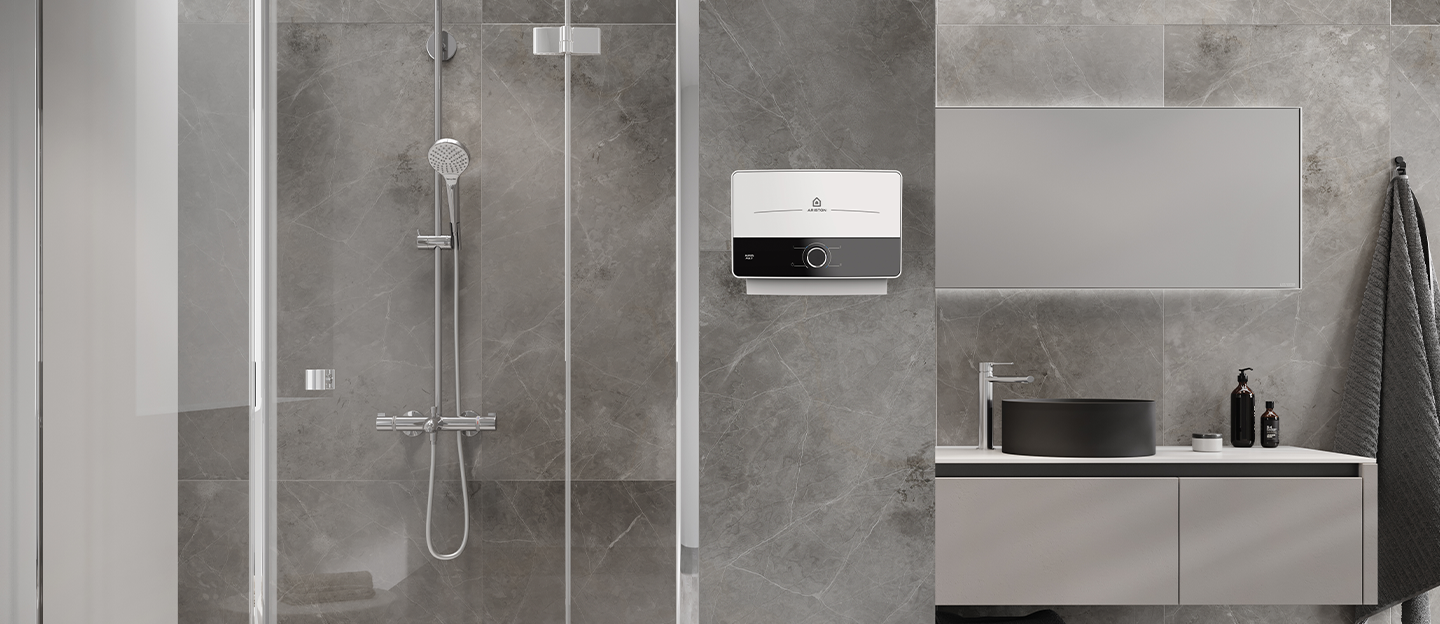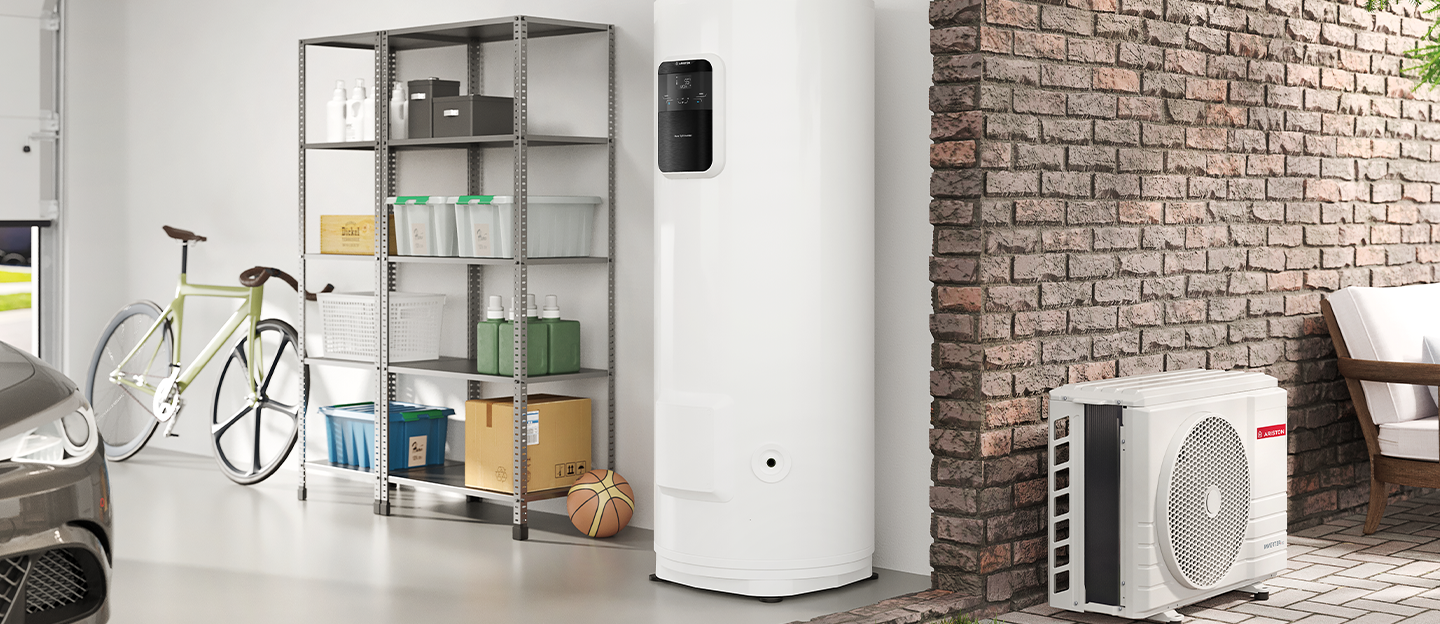Heat Pump Efficiency: What You Need to Know
Heat pump efficiency and performance: what you need to know
A heat pump is one of the most energy-efficient ways to provide heating and produce domestic hot water, but its efficiency depends on multiple factors. Understanding how efficiency is measured and what values indicate good performance can help homeowners make informed decisions about their heating systems.
How is heat pump efficiency calculated?
Heat pump efficiency is primarily measured using two key values: the Coefficient of Performance (COP) and the Seasonal Coefficient of Performance (SCOP).
- COP: this measures the ratio of heat output to electrical energy input under specific conditions. For example, a COP of 4 means that for every unit of electricity consumed, the heat pump produces four units of heat.
- SCOP: this is a more comprehensive measure that considers the efficiency of the heat pump over an entire heating season, taking into account temperature variations and real-world operating conditions.
These values help determine the energy savings a heat pump can offer compared to conventional heating methods.
What efficiency values are considered good?
A high-efficiency heat pump typically has a COP of 3 to 5 under standard test conditions. However, real-world performance can vary based on climate, installation quality, and usage habits.
A SCOP of 3 or higher is generally considered good, as it indicates the system provides at least three times the heating energy compared to its electrical consumption. Modern inverter-driven heat pumps tend to have higher SCOP values due to their ability to adjust performance based on demand.
Factors affecting heat pump efficiency
Several elements influence how efficiently a heat pump operates:
- Ambient temperature: heat pumps perform best in moderate climates but may lose efficiency in extremely cold weather.
- Water temperature settings: lower set temperatures improve efficiency, while higher settings require more energy.
- Insulation quality: well-insulated water tanks and pipes reduce heat loss, maximizing system efficiency.
- Regular maintenance: cleaning filters and ensuring proper refrigerant levels help maintain optimal performance.
Maximizing heat pump efficiency
To get the most out of a heat pump, consider optimizing its operation through smart usage practices. Setting the water temperature to an efficient yet comfortable level, typically between 45-55°C, can significantly improve energy savings. Additionally, using a heat pump in conjunction with solar panels can enhance its efficiency by utilizing renewable electricity to power the system.
Proper installation is also crucial. A professional assessment ensures the system is correctly sized for the household’s needs, preventing inefficiencies caused by an oversized or undersized unit.






